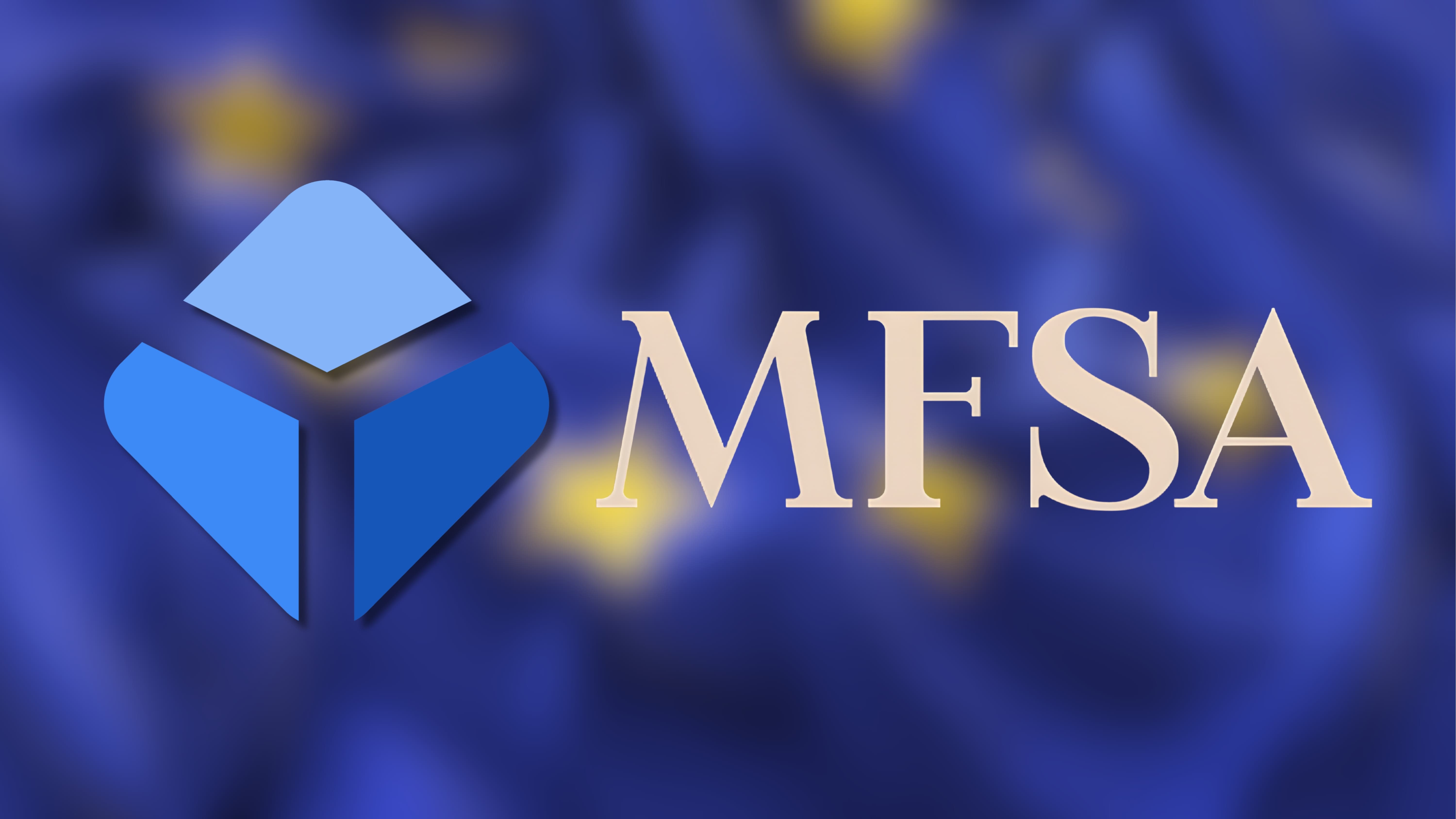A Paris court has ordered Apple to pay around €39 million to French mobile operators, ruling that the company imposed unfair terms in contracts governing iPhone sales more than a decade ago. The court also fined Apple €8 million and annulled several clauses deemed anticompetitive.
Judges found that Apple required carriers to sell a set number of iPhones at fixed prices, restricted how its products were advertised, and used operators’ patents without compensation. The French consumer watchdog DGCCRF had first raised concerns about these practices years earlier.
Under the ruling, Apple must compensate three of France’s four major mobile networks; Bouygues Telecom, Free, and SFR. The decision applies immediately despite Apple’s appeal, which will be heard at a later date.
Apple said it disagreed with the ruling and would challenge it, arguing that the contracts reflected standard commercial arrangements of the time. French regulators have increasingly scrutinised major tech firms as part of wider efforts to curb unfair market dominance.
Would you like to learn more about AI, tech and digital diplomacy? If so, ask our Diplo chatbot!










